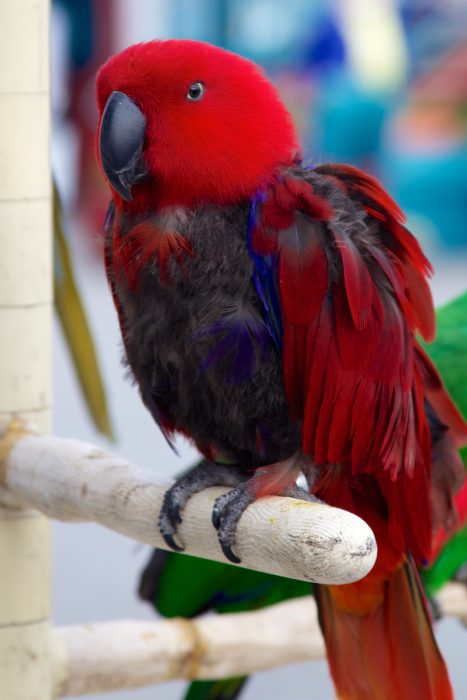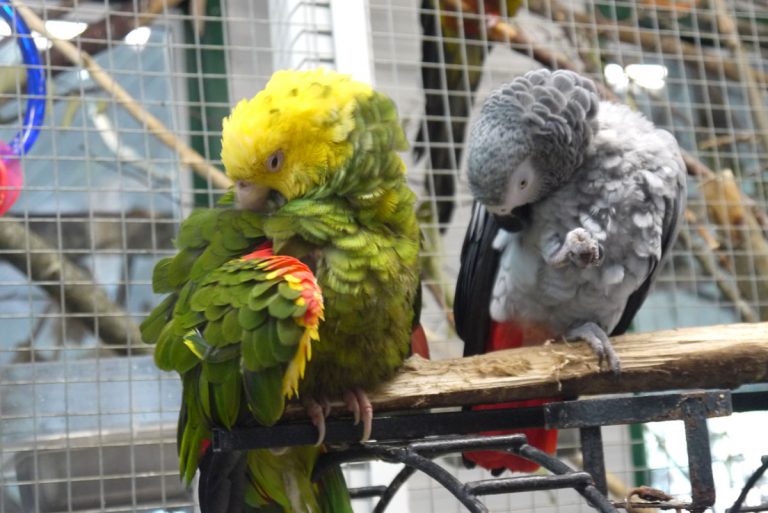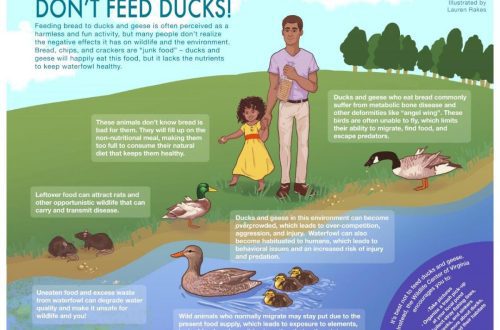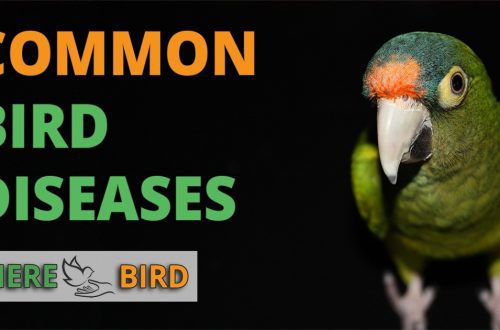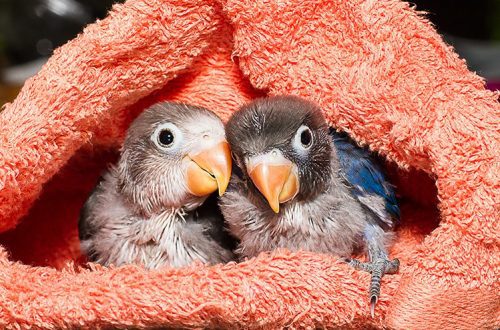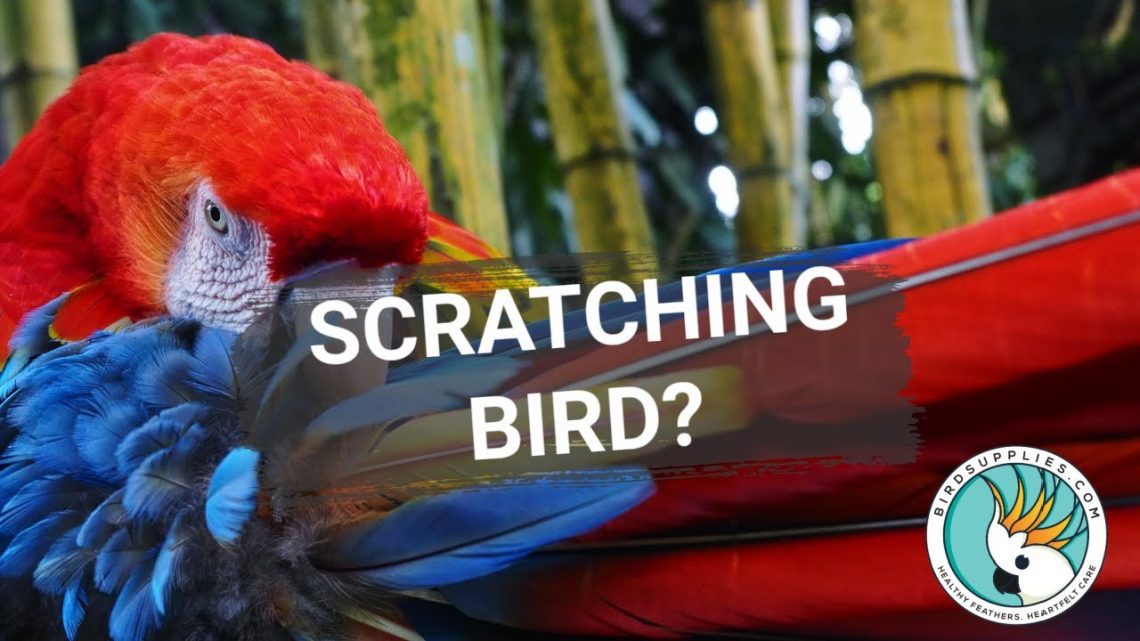
E mageso pea le sega – o le a le mea e fai?
In order for the parrot’s scratching not to cause anxiety in the owner, one should learn to recognize the causes that cause this itching.
As a rule, we do not pay much attention to short-term moments when the bird itches. Until this procedure becomes very frequent and begins to arouse suspicion.
When it comes to understanding that something is wrong with the bird, the owner most often gets lost or resorts to cardinal methods of treating the alleged disease. First of all, the entrance is drugs against parasites.
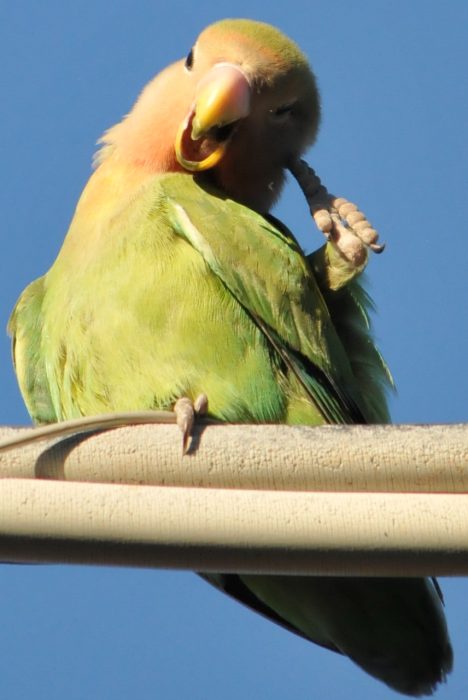
Such methods are mistakenly considered preventive, but on the contrary, they are dangerous to the health of the parrot.
In no case should you start treating a bird with improvised means or strong drugs until you find out the reason why your parrot itches!
Only experienced breeders can independently diagnose the cause of the parrot’s ailment (but not in all cases either), amateurs are advised to immediately contact an ornithologist.
An indomitable desire to scratch can be caused by both shedding and a serious illness or its first bells.
Reasons why parrots may itch:
- hygiene. Parrots are very clean birds, they clean their feathers every day, like to scratch their beak on sepia or mineral stone, and take bath procedures with pleasure (bathing in lettuce leaves, bathing suit, shower or spray);
- molt. During molting, the birds experience severe itching, offer them tree branches during this period for “scratching” and enrich the diet for easier and faster molting.

Photo: Nathan Forget You can read more about parrot molting in lea tusiga;
- dry air. One of the most common causes of itching in parrots, which occurs due to overdried skin of the bird. Most often this is due to the heating period of apartments.
A humidifier, misting the air around the cage, or a damp cloth near the hutch will help keep the humidity level at the right level. Offer your parrot a bath, the birds love it very much. The main thing is to make sure that the air temperature in the room and the water temperature are at the right level. You can read more about bathing parrots in lea tusiga;
Keep the cage away from the battery and other heating devices.
Please note that some species of tropical parrots categorically do not tolerate not only dry air, but also the humidity that is the norm for budgerigars or cockatiels.
- a parrot can itch from stress. Life in constant stress or in its sharp manifestations adversely affects the health of parrots. Some birds very poorly tolerate not only moving to a new home, but also moving the cage to another room.

Photo: Lisa
Owners should take into account the individual sensitivity of the bird to various stressful situations. Stress gets worse the wildness of the parrot. If your bird is tame, due to the fact that it trusts you, a change of scenery or the appearance of new pets is much easier to bear;
- fungal diseases, skin dermatitis, moa, downy eater – these are very serious maʻi, which are accompanied by a deterioration in the general condition of the bird and are deadly if treatment is not started on time.
As soon as you notice a change in the appearance of a parrot, peeling, incomprehensible formations on its skin, beak, torn feathers or blood stains, very nervous and aggressive behavior, accompanied by a decrease in appetite – immediately contact an ornithologist and start treatment;
- lack of vitamins, poor nutrition: poor quality feed. This can also be the reason why the parrot constantly itches. For the health of birds, it is vital to regularly receive a balanced and high-quality feed, fruits, vegetables, herbs and sprouted grains. You can read more about nutrition for parrots. iinei;
- non-compliance with the hygiene of the cage and toys. Everything that the parrot comes into contact with should be regularly disinfected, and the cage should be cleaned daily;
- boredom, melancholy. If your parrot has nothing to do, there are no toys in the cage, and its space is not well organized, he begins to focus on himself, clean his feathers and scratch himself on the rods and perches.
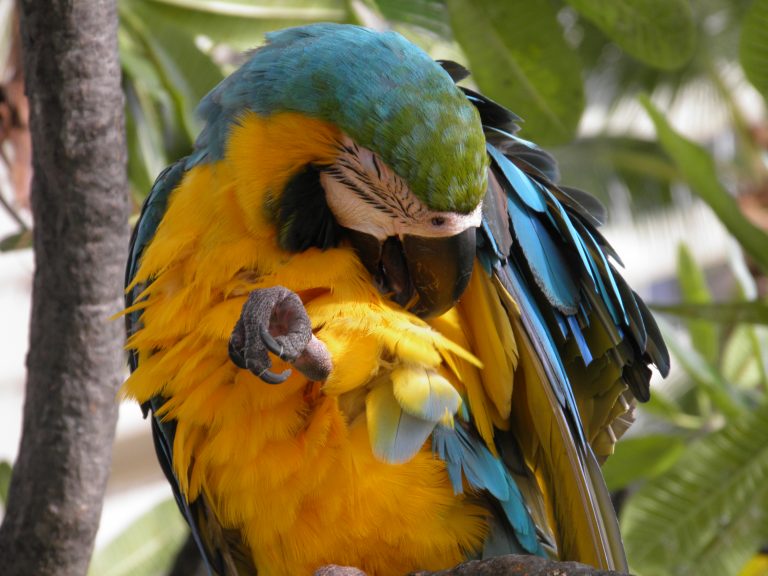
Parrots are very energetic and sociable birds, so meataalo and daily walks provide a release of energy that has nowhere to go if you sit in tight confinement around the clock. In order not to bring the bird to self-pluck, pay attention to it and teach it to play with puzzles and toys.
The most frequent guests of our houses and apartments are budgerigars.
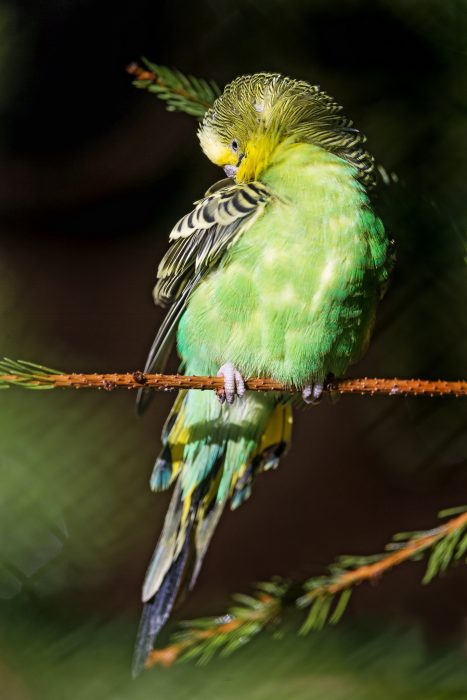
These birds are by nature very clean and they devote a significant amount of time to caring for feathers. Although this type of parrot does not have as much powder as gray or cockatoo, these birds are not alien to problems with itching and plucking.
When a budgerigar often itches and at the same time its behavior goes beyond the usual, carefully examine the condition of the wings of the bird, the area around the eyes, beak and paws, disinfect the cage and all objects. Then observe whether the feathers fall out, what condition they are in, whether there are many skin flakes at the bottom of the cage and what kind of droppings.
If you notice unhealthy symptoms, take your parrot to an ornithologist to determine the exact cause of the incessant scratching.
A healthy parrot spends several hours a day on hygiene and this is quite normal. If you follow the rules of bird care, the risk that you will encounter such problems is extremely small.



